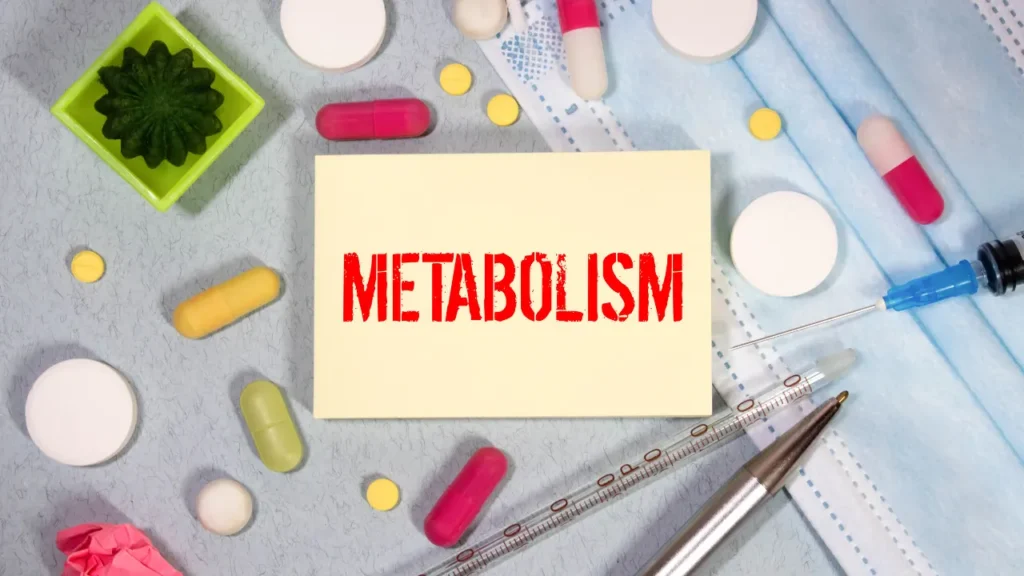A natural sweetener called agave is made from the sap of the agave plant. Due to its low glycemic index and potential health advantages, this dietary supplement has grown in popularity recently. This article will cover the nature of agave, its health advantages, the best dosage, its adverse effects, possible drug interactions, and other pertinent details surrounding its ethical usage.
You May Also Like:
Sunmed CBD vs. Partnered Process CBD: Finding the Best CBD for Sleep
What is Non Restorative Sleep? Here are 5 Great Ways to Get Quality Rest Every Night
Agave: Benefits, Dosage, Side Effects, Drug Interactions, And Other Important Information is an original (NootropicsPlanet) article.
Nature of Agave
The sap of the agave plant, a succulent plant native to Mexico, is used to make agave syrup, a sweetener. The sap is drawn out from the plant’s center, filtered, and cooked until it has the consistency of syrup. Natural sweeteners like agave syrup are frequently added to dishes and beverages.
Fructose, a naturally occurring sugar found in agave, is metabolized by the liver. Unlike glucose, fructose does not increase blood sugar levels or cause the release of insulin. Because of this, agave has a low glycemic index and is a good sweetener for people with diabetes.
Health Benefits of Agave
Numerous health advantages of agave have been mentioned. One of its most prominent advantages is its low glycemic index. Low-glycemic-index foods are absorbed gradually and raise blood sugar levels gradually, which is advantageous for diabetics.
Additionally, agave includes sapiens, plant substances with antioxidant and anti-inflammatory activities. These substances have the potential to lessen oxidative stress, which is known to play a role in the development of chronic illnesses, including cancer and heart disease, as well as inflammation in the body.

Chemistry of Agave
Fruits and vegetables naturally contain the simple sugar fructose, which is the main component of the sweetener agave. The agave plant’s sap is used to extract the fructose, which is then filtered and boiled to give the sap a syrup-like consistency.
Chemically speaking, fructose is a monosaccharide with six carbon atoms, twelve hydrogen atoms, and six oxygen atoms. It also has six carbon atoms and a ketone functional group, making it a ketohexose sugar. The chemical formula for fructose is C6H12O6, and its molecular weight is 180.16 g/mol.
Physiological Mechanism of Action
Fructose is transferred to the liver after agave consumption, where it is metabolized. Contrary to glucose, fructose does not promote insulin creation, preventing a sharp rise in blood sugar levels.
Contrary to how glucose is digested, fructose is primarily metabolized in the liver. The liver transforms fructose into glucose, which the body can use as energy. However, toxic metabolites like uric acid and free radicals can be produced during this process.
Fructose has been demonstrated to have a number of physiological impacts on the body and brain. According to some research, eating too much fructose may increase your risk of developing metabolic syndrome, a group of illnesses that includes high blood pressure, high blood sugar, and excess body fat.
Additionally, fructose is connected to altered brain function. Large fructose intake, according to some research, may harm cognitive function and raise the risk of neurological illnesses like Alzheimer’s disease.

Optimal Dosage of Agave
The ideal agave dosage can change depending on the person and their state of health. However, it is advised that agave be consumed in moderation as too much might have detrimental effects on health.
The American Heart Association advises adults to consume no more than six teaspoons (24 grams) of added sugar per day for women and nine teaspoons (36 grams) per day for men. This includes agave. Because of its high-calorie content, agave should only be consumed as part of a balanced diet.
Side Effects of Agave
Although agave is generally regarded as healthy, excessive consumption might negatively impact health. When taking significant amounts of agave, some people may have digestive problems such as bloating, gas, and diarrhea. Agave also contains a lot of fructose, which, if ingested in excess, can increase the risk of metabolic syndrome and liver disease.
Potential Substance Interactions with Agave
Certain prescription drugs, dietary supplements, and plants may interact with agave. For instance, agave, which can lower blood sugar levels, may interact with medications used to treat diabetes. If you are using agave, it is vital to talk to your doctor beforehand, especially if you are on any drugs or supplements.

Best Responsible Uses of Agave
When using agave, it is important to choose a high-quality product that is minimally processed and free from additives. Additionally, agave should be used in moderation and as part of a balanced diet.
Agave can be used in various ways, including as a sweetener for coffee and tea, baking, and topping for pancakes and waffles. It can also be used as a substitute for honey or maple syrup.
Agave:
Conclusion
Agave is sweeter than table sugar, so smaller amounts are needed to achieve the desired level of sweetness in foods and beverages. This characteristic may be advantageous for those looking to reduce overall sugar intake. Agave is also naturally vegan and gluten-free, making it suitable for individuals with dietary restrictions or preferences.
However, as with any dietary component, it’s best to incorporate agave as part of a balanced diet rather than relying on it as a primary source of nutrition. Overall, while agave may offer certain advantages over traditional sweeteners, more research is needed to fully understand its potential health effects and how it fits into a healthy diet. Consulting with a healthcare professional or registered dietitian can provide personalized guidance on dietary choices.

References:
- Agave Nectar: A Sweetener That’s Even Worse Than Sugar? Link: https://www.healthline.com/nutrition/agave-nectar-is-even-worse-than-sugar
- Straight talk about high-fructose corn syrup: what it is and what it ain’t. Link: https://academic.oup.com/ajcn/article/88/6/1716S/4650084
- Sucrose, high-fructose corn syrup, and fructose, their metabolism and potential health effects: . Link: https://academic.oup.com/advances/article/4/2/236/4591613
- Health Effects of Fructose and Fructose-Containing Caloric Sweeteners: Where Do We Stand 10 Years After the Initial Whistle Blowings?
. Link: https://pmc.ncbi.nlm.nih.gov/articles/PMC4477723/
Important Note: The information contained in this article is for general informational purposes only, and should not be construed as health or medical advice, nor is it intended to diagnose, prevent, treat, or cure any disease or health condition. Before embarking on any diet, fitness regimen, or program of nutritional supplementation, it is advisable to consult your healthcare professional in order to determine its safety and probable efficacy in terms of your individual state of health.
Regarding Nutritional Supplements Or Other Non-Prescription Health Products: If any nutritional supplements or other non-prescription health products are mentioned in the foregoing article, any claims or statements made about them have not been evaluated by the U.S. Food and Drug Administration, and such nutritional supplements or other health products are not intended to diagnose, treat, cure, or prevent any disease.


